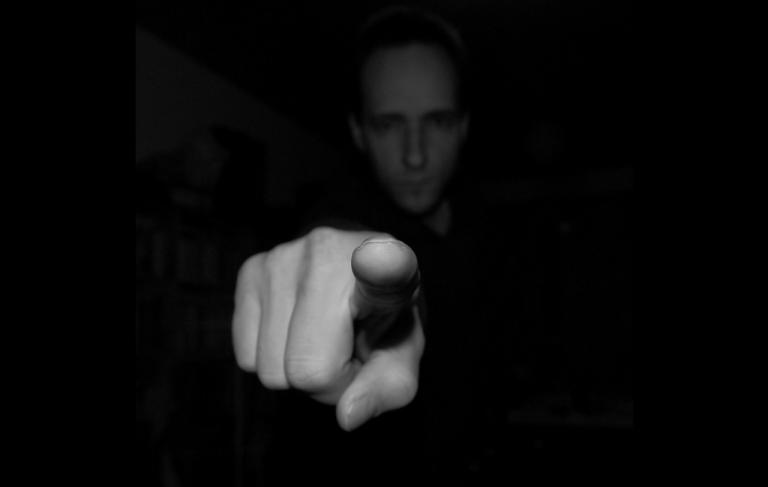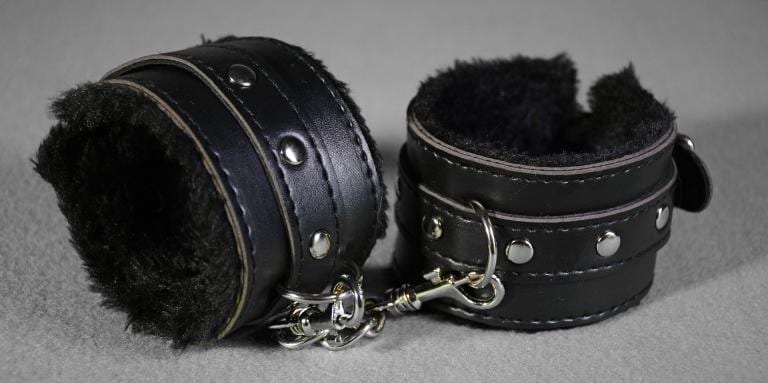Well, it seems that at least one Catholic Archbishop has taken a break from the usual blame-shifting tactic of pinning the sex abuse crisis on the gays… And has decided instead to blame the sexual revolution, and specifically the rejection of Humanae Vitae, for the scandal that has rocked the Church now for going on thirty years.
I’ll be honest. I do think that there is a relationship between the sex abuse crisis and the widespread rejection of the Church’s teaching on birth control. I just don’t think it’s the relationship that the Archbishop suggests.
Coakley’s letter opens “The bitter fruits of the sexual revolution continue to wreak havoc on human society, the family and the Church. Fifty years ago, Blessed Paul VI warned in his prophetic encyclical, Humanae Vitae, of the disastrous consequences of separating sexual intimacy from fertility and its divinely ordained place within the sanctity of marriage. He warned of a growing disrespect for women, increasing marital infidelity and a general lower of morality in society.”
It reads like he just recycled some text from a letter originally drafted to celebrate HV50. “Hey. What’s this? Ah, I don’t see any problem with repurposing that to address the McCarrick scandal….”
It could not be more tone-deaf. But that’s not the only issue. What we see here, coming from a leader of the Catholic Church, is basically a way of scolding Catholic couples, and especially Catholic women, for choosing to contracept. The message is “If you all had just obeyed Paul VI, these kids and seminarians would never have been abused.” Somehow, magically, more obedience to the hierarchy is the solution to the obvious fact that the hierarchy has a severe accountability problem.
An accountability problem which Coakley actually outlines later in the document: “How could these allegations have remained under the radar for so long? It seems that many heard rumors of his alleged criminal and sinful behavior. Part of the problem is a gap in the Charter itself. The Charter does not provide clear means for reporting and responding to allegations of abuse committed by bishops. This gap has contributed to the erosion of trust and confidence in the episcopal leadership among priests, deacons and the lay faithful. Repairing this gap by creating consistent standards and procedures for all, including bishops, will go a long way toward restoring that trust.”
This should have been up front. This is how the letter should have opened. “Dear brothers and sisters in Christ, apparently we neglected to consider that the people with the most power and authority in the Church might themselves be abusers, and as a result of this, there weren’t any clear mechanisms for holding bishops responsible when they abuse. This is a grave oversight.”
But instead, it opens by pointing a finger at the laity, the sexual revolution, and the secular world.
So to start off, let’s be realistic. Sexual abuse of seminarians, nuns, parishioners and minors by clergymen is not a new problem. It’s not something that happened because too many ladies at the CWL were on the Pill. There is no age in the Church where this has not been a significant problem, and a real source of scandal.
What has changed, is that our thinking about accountability has shifted. In the past, it was taken for granted that powerful men would be corrupt – and that there was nothing much that could be done. It was fodder for jokes, and for the occasional fiery tract or sermon. Everybody knew that the priests were diddling the nuns, and that the monks were at the choir boys, but what could you do? The Church was a powerful institution. It was easy enough to tell victims that Christ required them to silently forgive. Or, if that didn’t work, ruin their reputations by insinuating that they had incited the abuse.
This was true not only in the Church, but across many institutions. It’s only in the last few decades that there has been a serious movement to expose sexual predators and hold them responsible, publicly, and before the law. This has been accompanied by a new set of expectations: that institutions will behave responsibly, moving quickly to deal with allegations of abuse rather than covering up and enabling it to occur.
Why has this occurred? I think it’s obvious. There are two major currents that have shaped society in the past hundred years that would contribute to a culture that expects accountability for sexual predation.
First, the loss of respect for traditional institutions and offices of power that followed the catastrophe of World War II meant that it became more acceptable to criticize and call out evil in high places. The Nazis illustrated the perils of uncritical obedience, and as they started to be held accountable a new cultural narrative took hold of the popular imagination: a narrative in which one might, at any moment, be called to stand up to those in authority. Nuremberg made it clear that in the face of certain evils, obedience was not only a sin, but a crime.
Secondly, feminism gave women access to most of the privileged spaces where powerful abusers traditionally hide. The sex that has traditionally been exploited in silence suddenly had the means to have a voice. Women started to be able to speak openly about rape and sexual assault. Finally, victims could push back against the presumption that they had invited or encouraged their abusers to abuse.
There is no question that feminism has substantially reduced the stigma which attached to victims, and that it has provided women with the financial and political power to start demanding accountability from organizations that have historically winked at abuse.
The irony is, the rejection of Humanae Vitae also stems from these same causes. The document was promulgated to a laity that was no longer primed to unquestioning obedience, and to women who increasingly felt that they could stand up for themselves and assert agency in the sexual arena over the dominance of men.
So in a sense, Coakley is right. If it hadn’t been for secularization, and the sexual revolution, and the breakdown of traditional structures of patriarchal authority, probably the Church would not be in the mess. Instead, everything would be just as it was before: bishops and priests free to abuse their flocks in peace, without the pain of being held to account for their sins.
Image credit: pixabay
Stay in touch! Like Catholic Authenticity on Facebook:












